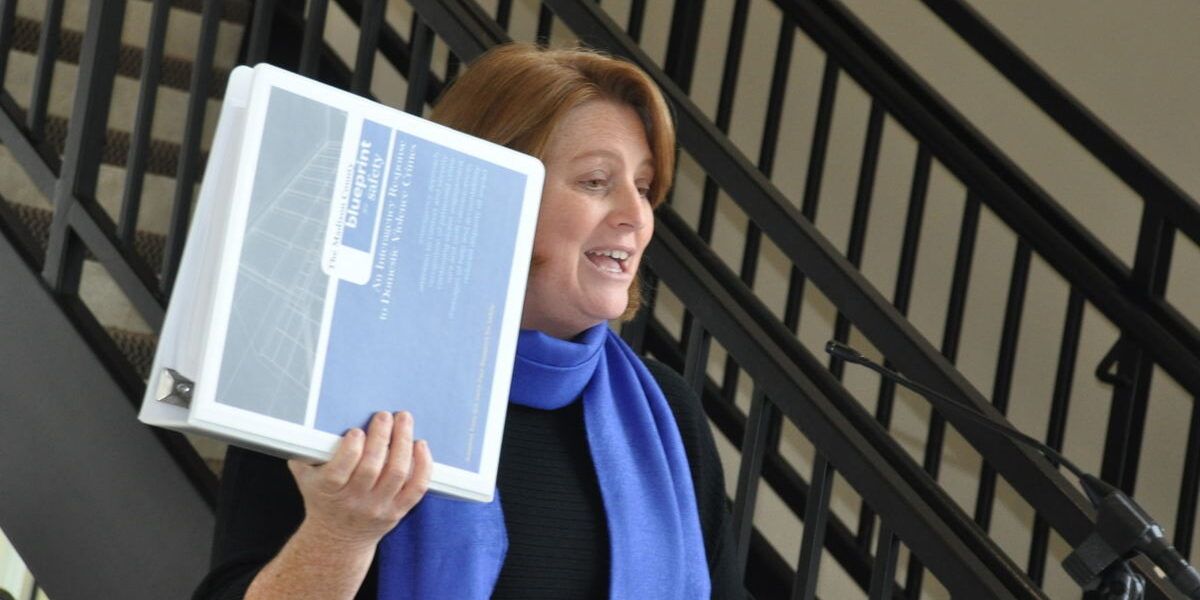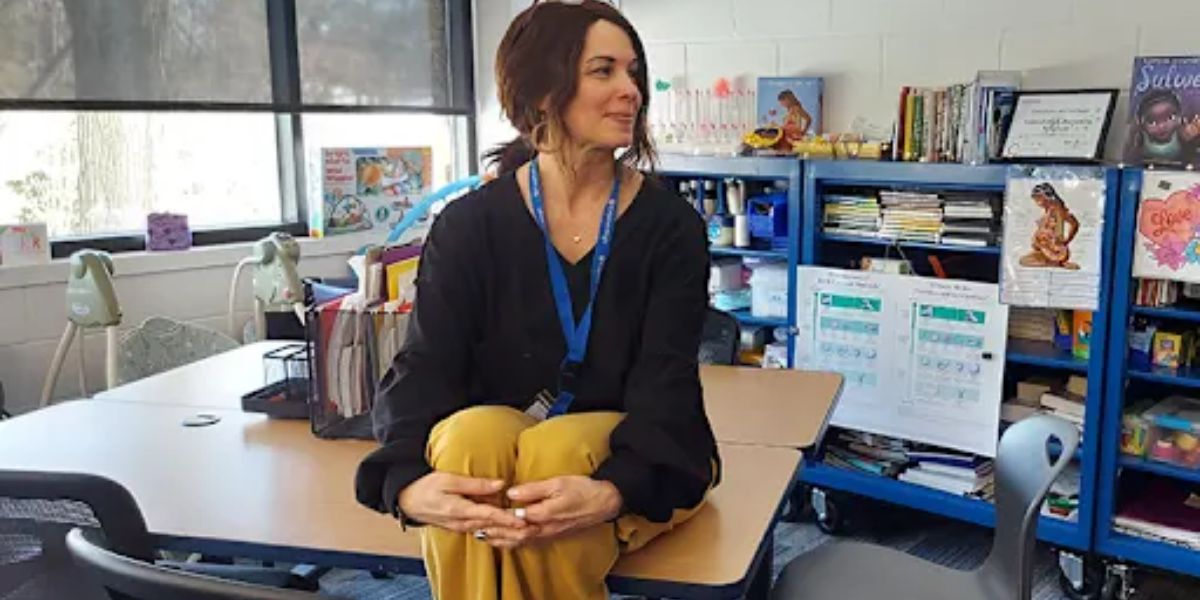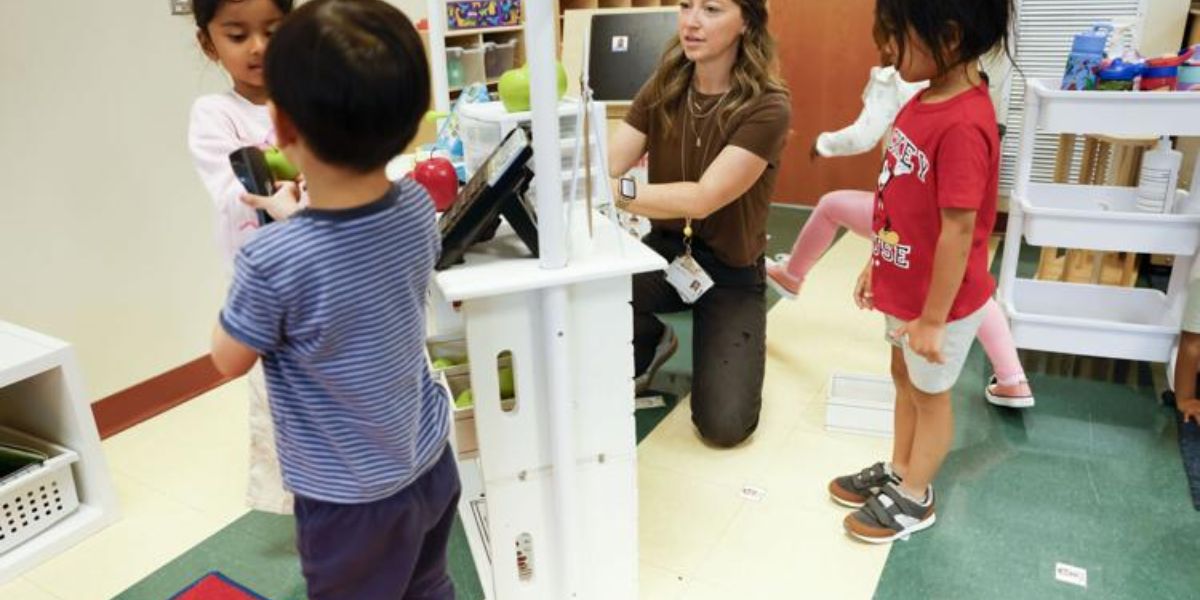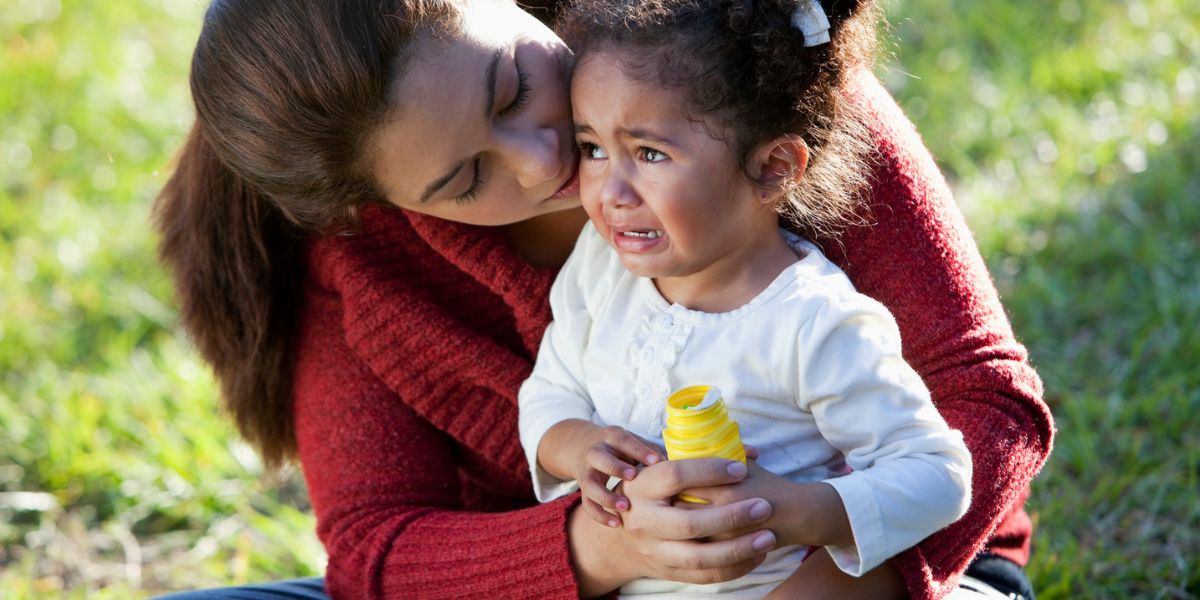Family relationships in Madison County face many of the same pressures seen across the country—stress from work, school challenges, financial strain, mental health concerns, and unresolved disagreements. When these issues build up inside a home, they can affect communication, trust, emotional wellbeing, and overall family stability. This is where family therapy becomes a powerful resource. It offers structured guidance, compassionate support, and evidence-based strategies to help families rebuild connection and navigate conflict in healthier ways.
Understanding the Purpose of Family Therapy
Family therapy focuses on improving how family members relate to one another. Instead of identifying one person as “the problem,” therapy views the family as a connected system. When one member struggles, the entire system feels the impact.
Table of Contents
In Madison County, many families seek support for issues such as communication breakdowns, behavioural challenges in children or teens, disagreements over parenting styles, and stress related to medical or mental health conditions. Therapy helps families explore these concerns in a safe, guided environment where everyone’s voice can be heard.
Common Challenges Madison County Families Face
Families in the region often juggle multiple demands at once. Some of the most frequent challenges include:
H3: Communication Barriers
Arguments, misunderstandings, or avoidance can quickly build emotional distance. When families struggle to express themselves clearly, frustration grows and conflicts escalate.
H3: Stress and Mental Health
Conditions such as anxiety, depression, or substance use disorders can place emotional strain on the entire household, not just the individual experiencing symptoms.
H3: Parenting Conflicts
Parents may disagree on discipline, responsibilities, or expectations for children, creating tension for the whole family.
H3: Life Transitions
Events such as divorce, blending families, job changes, or caring for ageing parents can disrupt routines and require new ways of working together.
Family therapy provides tools to navigate these issues before they become long-term patterns.
How Therapy Supports Healthy Communication
One of the main goals of family therapy is improving communication. Therapists guide families in expressing their emotions honestly while also listening to others without judgement. Over time, families learn how to:
- Share concerns respectfully
- Identify emotional triggers
- Respond instead of reacting
- Set boundaries that protect personal wellbeing
Clear communication strengthens trust and reduces the likelihood of future conflicts.
Addressing Behavioural and Emotional Concerns
Children and teenagers often communicate distress through behaviour—withdrawal, irritability, academic struggles, or emotional outbursts. Family therapy helps identify underlying causes and supports parents in responding more effectively.
Therapists may introduce techniques such as positive reinforcement, collaborative problem-solving, and predictable family routines. These strategies help children feel secure while giving parents tools to guide behaviour without conflict.
Building Teamwork Within the Family
Strong families operate as a team. When everyone understands their role, responsibilities, and strengths, daily life becomes smoother. Therapy sessions often include activities that encourage cooperation, empathy, and shared decision-making.
Families may work on managing household responsibilities, improving time management, or supporting one another through personal challenges. This team-based approach helps members feel valued and connected.
Strengthening Relationships During Life Transitions
Significant changes can put stress on even the strongest families. Therapy helps households adjust to new roles, routines, and expectations while reducing conflict.
Blended families, for example, benefit from support as they navigate step-parent roles, sibling dynamics, and shared responsibilities. Similarly, families experiencing grief, separation, or relocation can use therapy to rebuild stability.
The Unique Benefits for Madison County Residents
Madison County families often value close-knit relationships, community ties, and mutual support. Local therapists understand these cultural strengths and work to reinforce them during sessions.
Many local providers also integrate behavioural health and family services with community resources, helping families access additional support such as parenting workshops, substance use recovery programs, school counselling, or social services. This integrated care ensures families receive well-rounded support, not just short-term solutions.
When Families Should Consider Therapy
Families do not need to wait for a crisis to seek help. Therapy is beneficial when:
- Conflicts keep repeating
- Members feel unheard or misunderstood
- A major change affects household stability
- Stress becomes overwhelming
- A child or teen shows emotional or behavioural challenges
- Communication feels strained
Early support can prevent long-term harm and help families create stronger, more resilient relationships.
How Madison County Families Can Get Started
Getting help is simple. Many clinics, including local family and behavioural health providers, offer sessions both in person and through telehealth. Families can begin with an initial consultation where they discuss concerns, goals, and the best approach for their household’s needs.
Therapists then create a plan tailored to the family’s specific situation, ensuring that each member feels included in the process.
Conclusion
Family therapy is not about assigning blame—it is about building understanding, healing emotional distance, and creating a healthier home for everyone. For families in Madison County, it offers practical tools to manage conflict, communicate with respect, and support one another through life’s challenges. By engaging in therapy, households gain the strength, harmony, and connection needed to thrive together.












